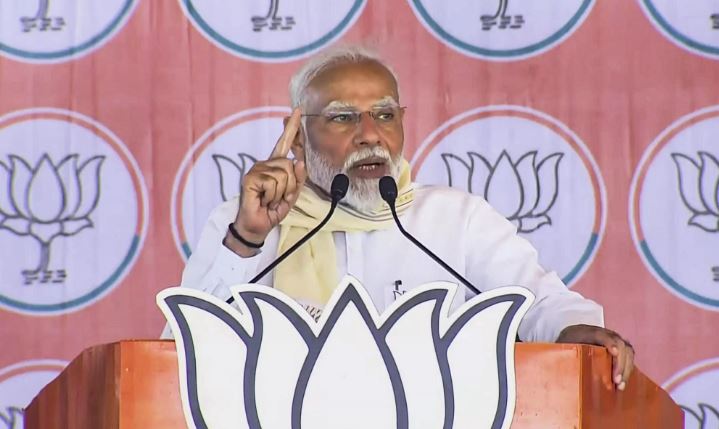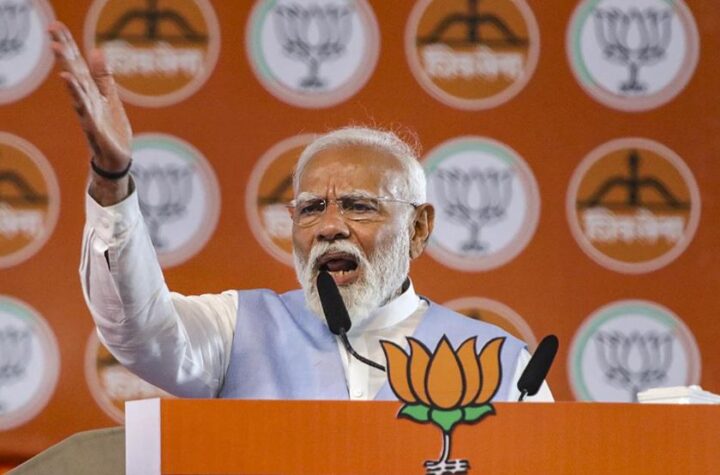The country’s largest carmaker Maruti Suzuki plans to raise prices of various models as high raw material cost has put pressure on its profitability, a senior company official told UNI. In the last one year, Maruti Suzuki has raised car prices on four occasions totalling upto 8.8%. Speaking to UNI, Shashank Srivastava, Senior Executive Director of Maruti Suzuki India said that the company had expected the raw material prices to cool off but they have remained elevated. He said that steel, aluminium, copper and precious metals have witnessed sharp jump in prices over the last one year necessitating increase in car prices. “Prices of steel have gone up from Rs 38 a kg to Rs 75-77 a kg. Recently, it further firmed up. Precious metal prices have also shot up. Rhodium which used to be Rs 16,000 per gram has surged to Rs 65,000 per gram. Copper which used to come for $5,200 per tonne is now above $10,400,” Srivastava said hinting upward revision in car prices. Meanwhile, Maruti Suzuki has decided to strengthen its product portfolio in the SUV segment considering rising demand in the category. “If you exclude SUVs, our market share is 66% but if you include it then the share comes down to 45%. This means we are slightly weak in the SUV segment which needs to be addressed. So, certainly we will improve our product portfolio in this segment going forward,” said Shashank Srivastava. “Beyond this we cannot say anything this time but one thing I would definitely say that we are going to make our SUV product portfolio very strong.” he added. The senior Maruti executive stated that the company remains bullish about Indian car market. On trend in exports market, Srivastava said that Maruti Suzuki has clocked highest-ever number in FY22 shipping 2,38,400 vehicles to various countries. “We hope this trend would continue,” he said. Major exports markets for Maruti Suzuki have been South Africa, Chile, Egypt, Philippines and Colombia. Demand from all these five countries increased significantly in the financial year ending March, 2022.
Exclusive
Breaking News

Maruti Suzuki mulls price hike










More Stories
Low vision clinic inaugurated at AIIMS Bhubaneswar
Urban education programme comes in handy for Odisha’s tribal, dalit kids
Now country ‘aatank’ struggling for ‘aata’: PM